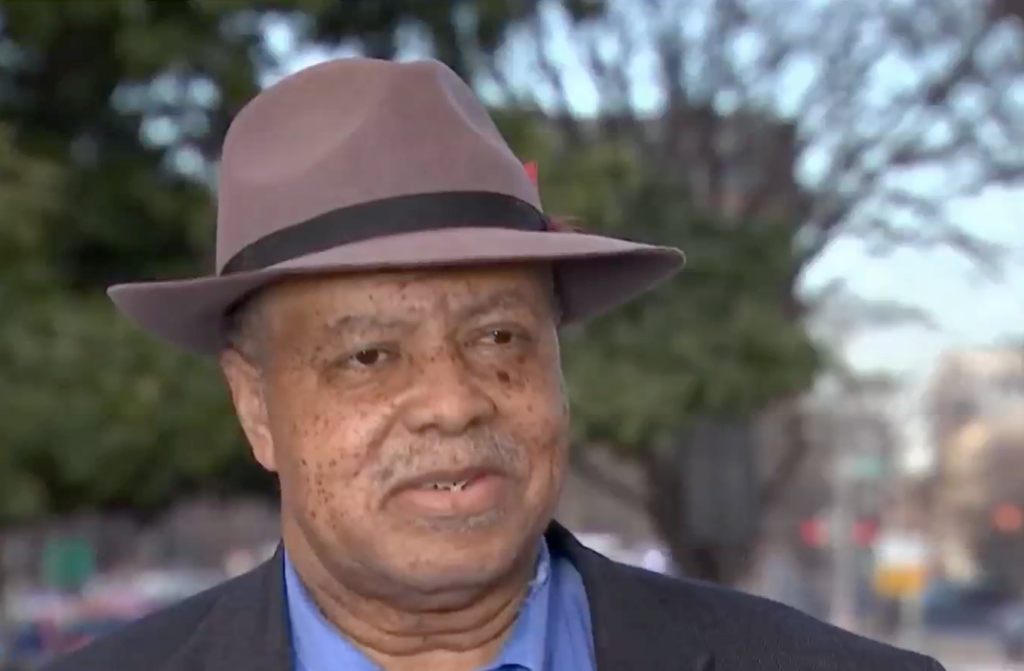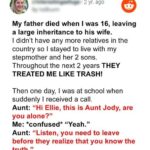The string of numbers on the lottery ticket that John Cheeks bought matched those posted on a Powerball website. Had he beat unfathomable odds to win the $340 million grand prize?
Not according to Powerball administrators, who said the numbers Mr. Cheeks saw on the site were part of a test that had been “mistakenly posted,” rather than the winning numbers for the drawing in January 2023.
Mr. Cheeks, however, still wants his prize. He is suing several groups that run the Powerball in Washington, D.C., where he lives, for breach of contract, gross negligence and the infliction of emotional distress, among other claims, for not giving him the grand prize, according to documents filed in a civil D.C. court. Mr. Cheeks has asked for the $340 million in compensation, as well as damages and interest on the winnings. The court is set to begin hearing the case on Friday.
“This is not merely about numbers on a website,” Richard Evans, a lawyer for Mr. Cheeks, said in a statement. “It’s about the reliability of institutions that promise life-changing opportunities, while heavily profiting in the process.”
The Powerball lottery is played in 45 states along with the District of Columbia, Puerto Rico and the U.S. Virgin Islands, and winning numbers are posted on the Powerball website and those of other state lotteries. Millions of hopeful Americans play the lottery, with studies showing that regular players are more likely to have low incomes. But the odds of winning are minuscule: The grand Powerball prize, for example, carries odds of 1 in 292 million. (The next drawing, on Wednesday, is for an estimated $348 million jackpot.)
The numbers on Mr. Cheeks’s ticket were not the official winning figures for the drawing on Jan. 7, 2023, according to a motion to dismiss the case from Taoti Enterprises, a contractor based in Washington that markets the lottery and is a defendant in the suit. The numbers were part of a test, the company said, and a staff member had “mistakenly posted” them to the live lottery website.
“The test numbers were never the actual winning numbers,” the group said, according to court documents, adding that Mr. Cheeks was trying to capitalize on “an obvious error.”
The test numbers, which were missing a red “Powerball” number, were posted on the local D.C. lottery site on Jan. 6 even before the drawing happened, the group said. They were left there alongside the real winning numbers until Jan. 9, when workers realized the mistake.
The website, the group said, also contained a disclaimer that the site was not “the final authority” for the drawing and that tickets would still need to be validated by the D.C. Lottery and independent auditors.
“These red flags would cause any reasonable person to know that they were not the valid winning numbers,” the contractor said.
Mr. Cheeks discovered that his numbers, a mix of birthdays and other special numbers, had been posted on the site the day after the drawing.
“I got a little excited, but I didn’t shout, I didn’t scream,” Mr. Cheeks said in an NBC interview. “I just politely called a friend.”
He tried to redeem the prize through several avenues before being told there had been an error.
“They were happy to take his money to play their game, and he had a winning ticket according to their multiple publications,” Mr. Evans said. Even if a mistake had been made, he added, officials were negligent in not publicly announcing the error. In another recent instance, in Iowa, in which incorrect Powerball numbers were reported, prizes for up to $200 were paid out for a short period, before cashing in was suspended.
“There are more zeros involved in this case, but it’s the obligation they have,” Mr. Evans said, referring to the Iowa episode. “They publish the wrong numbers and they made the mistake right by paying out the winnings.”
Mr. Cheeks, a public rights advocate, was the only person to come forward in that drawing for the grand prize.
Mary Malloy Dimaio, a lawyer for Taoti Enterprises, declined to comment further on Monday but pointed to a motion to dismiss the case in court. A lawyer for the Multi-State Lottery Association did not respond to calls and emails for comment on Monday. The Washington Office of Lottery and Gaming and the Washington attorney general’s office also did not respond to emails requesting comment.


